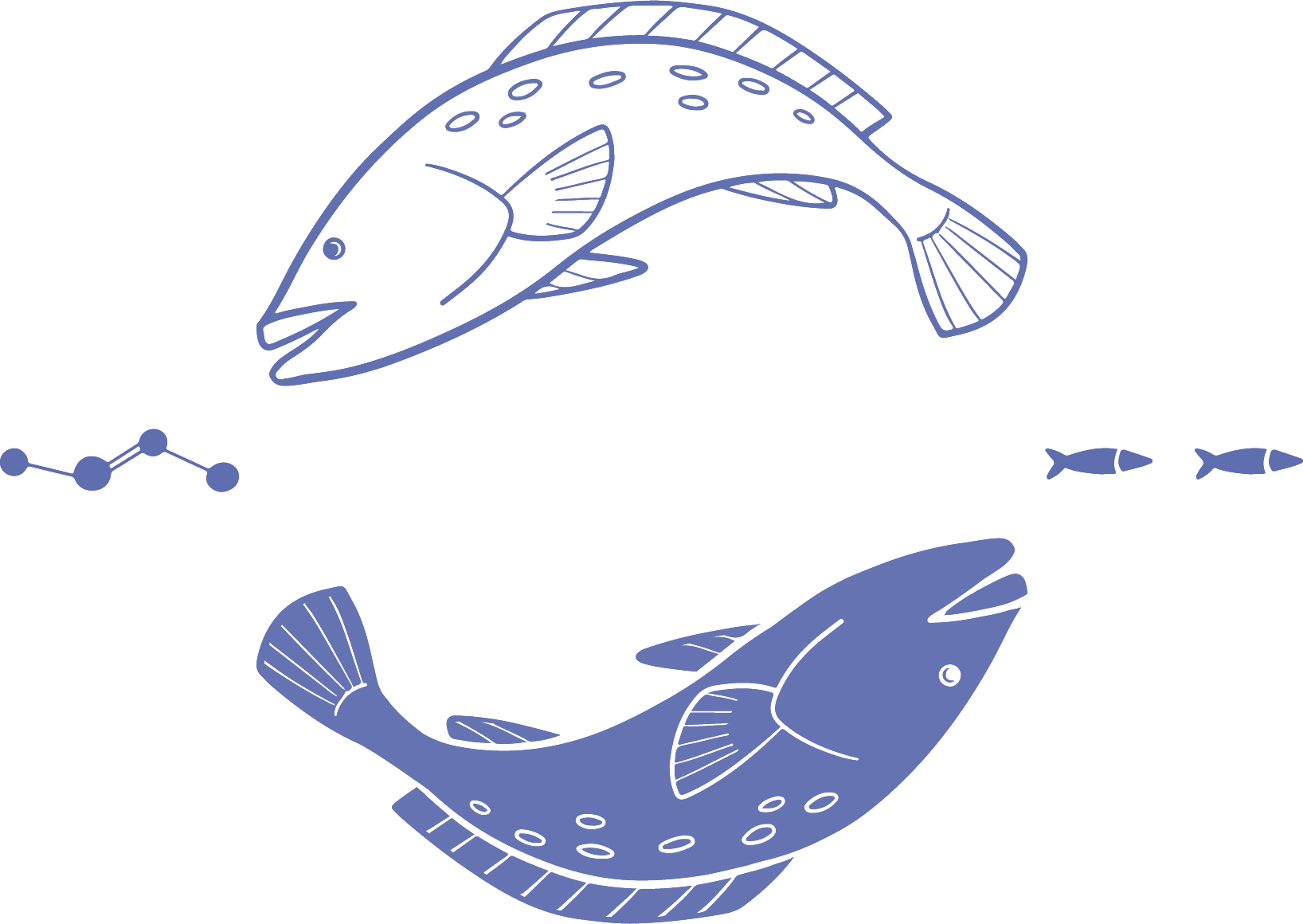(English version below) TONIC est un projet financé par l’Agence Nationale de la Recherche (ANR) ; il a débuté en mars 2022 et sa durée totale sera de 3 ans et demi. Porté par le professeur Yves Letourneur de l’Université de la Nouvelle-Calédonie (UNC), TONIC a été co-construit avec des partenaires locaux (IFREMER et l’IRD), régionaux (CRIOBE à Moorea), nationaux (Universités de Perpignan et La Rochelle), et internationaux avec l’University of British Columbia (Canada).
TONIC cherchera à évaluer le lien entre les avantages apportés par la nutrition de poissons coralliens (valeur énergétique, valeur nutritive) et les risques associés aux contaminants (éléments traces métalliques et pesticides) dans un contexte de changements environnementaux rapides. Le projet se développera selon trois grands axes de recherches (ou « work-packages », WP) :
- La quantification des valeurs énergétiques et nutritionnelles des principales espèces de poissons récifo-lagonaires de Nouvelle-Calédonie et de Polynésie française, consommés par les populations locales ; ainsi que la mesure des concentrations des principaux contaminants.
- L’évaluation expérimentale des effets de la contamination sur certaines des caractéristiques essentielles pour le renouvellement des populations de poissons (fécondité, survie et taux de croissance des juvéniles), selon plusieurs situations de température et de contamination.
- La modélisation prédictive de possibles trajectoires, d’ici le milieu et la fin du siècle, pour les valeurs nutritives et les concentrations en contaminants en fonction de différents scénarios environnementaux (hausse de la température, accroissement des activités humaines impactant le littoral, etc.).
TONIC is a project funded by the French National Research Agency (ANR); it started in March 2022 and its total duration will be 3.5 years. Led by Professor Yves Letourneur of the University of New Caledonia (UNC), TONIC was co-constructed with local (IFREMER and IRD), regional (CRIOBE in Moorea), national (Universities of Perpignan and La Rochelle) and international collaborators with the University of British Columbia (Canada).
TONIC will seek to assess the link between the benefits provided by coral reef fish nutrition (energetic value, nutritional value) and the risks associated with contaminants (metallic trace elements and pesticides) in a context of rapid environmental changes. The project will develop along three main axes of research or work-packages:
- Quantification of the energetic and nutritional values ??of the main coral reef fish species from New Caledonia and French Polynesia, consumed by local populations; as well as the measurement of the concentrations of the main contaminants.
- Experimental assessment of the effects of contamination on some of the key-characteristics for the renewal of fish populations (fecundity, survival and growth rate of juveniles), according to several temperature and contamination situations.
- Predictive modelling of possible trajectories, by the middle and end of the century, for nutrient values ??and contaminant concentrations according to different environmental scenarios (higher temperatures, increase in human activities affecting coastal ecosystems, etc.).


